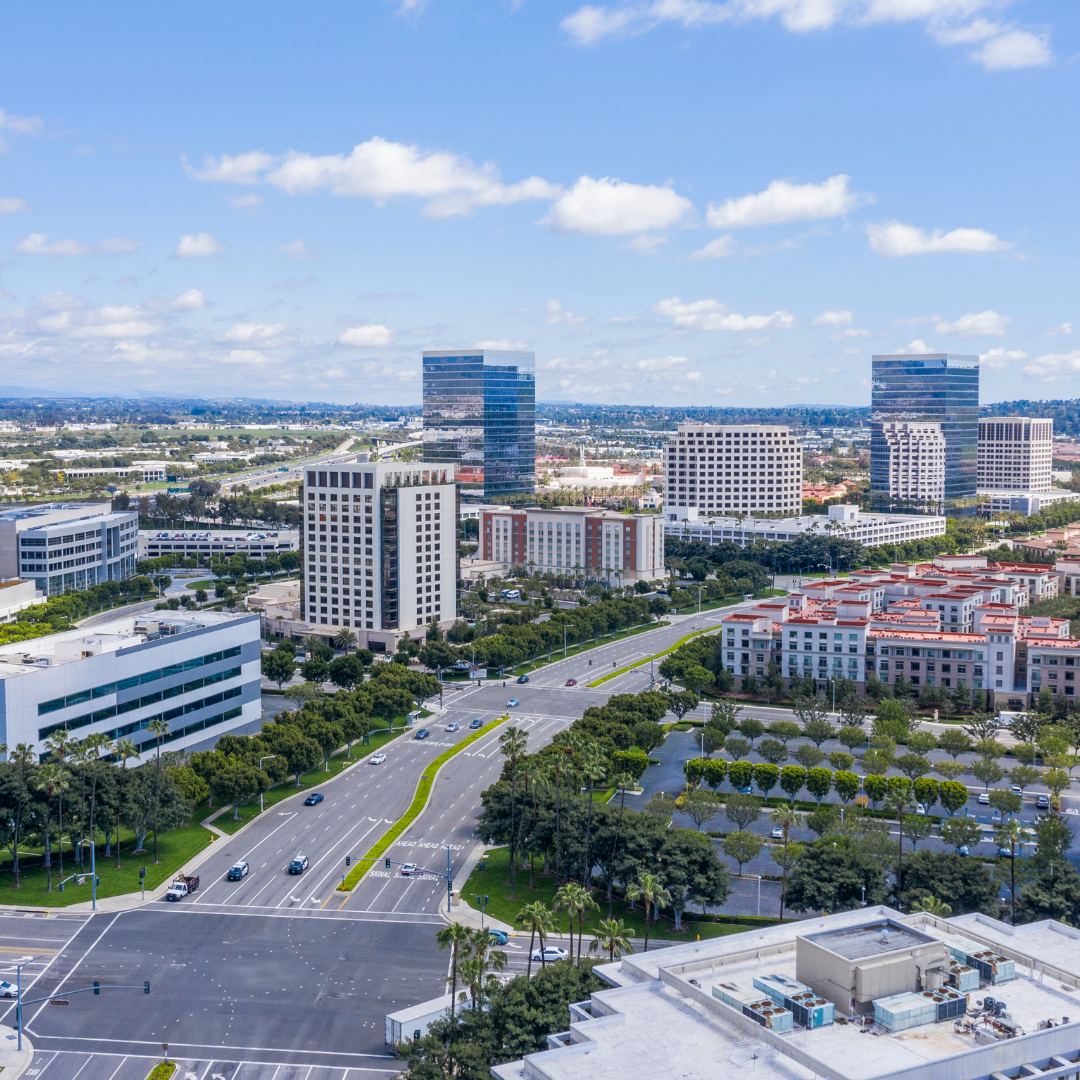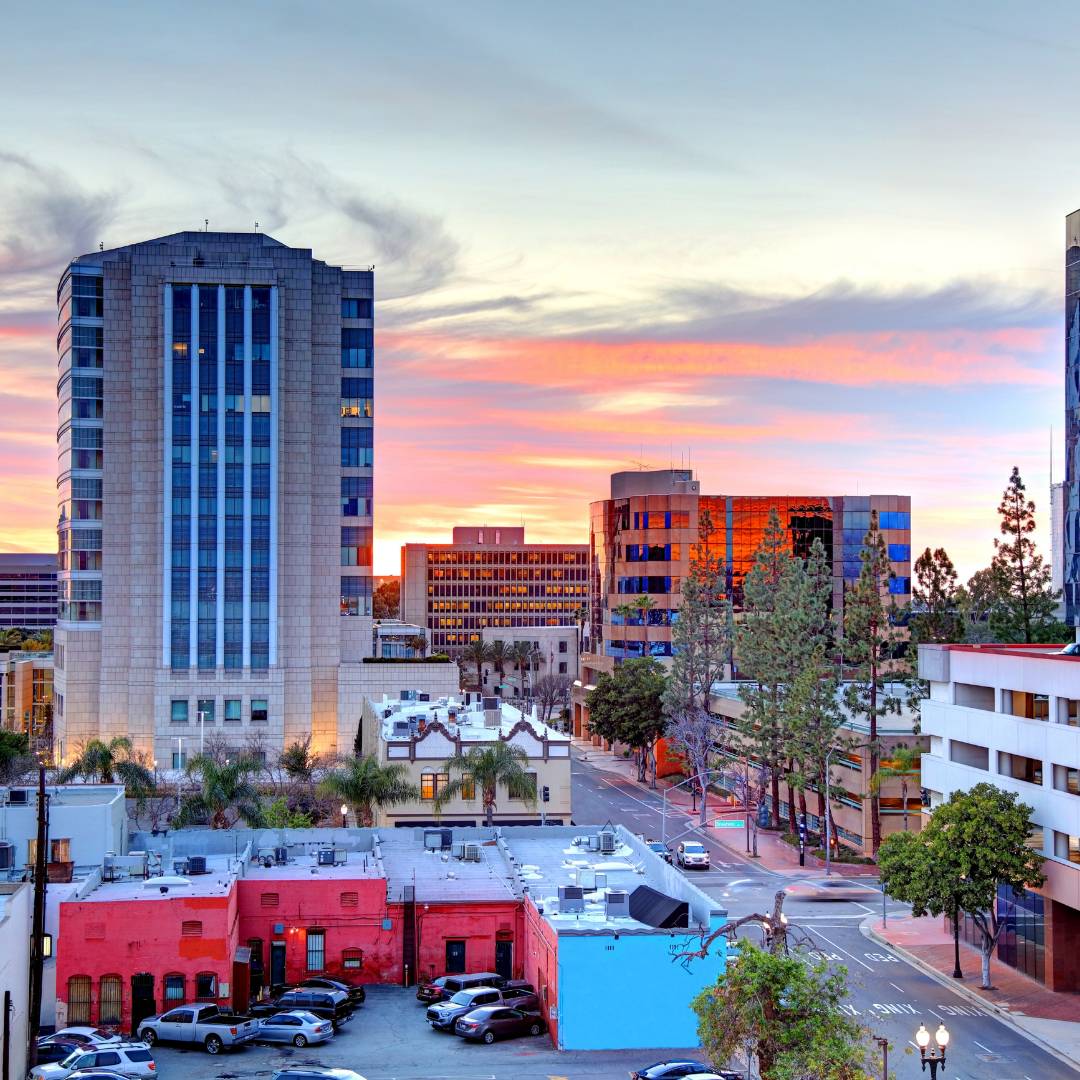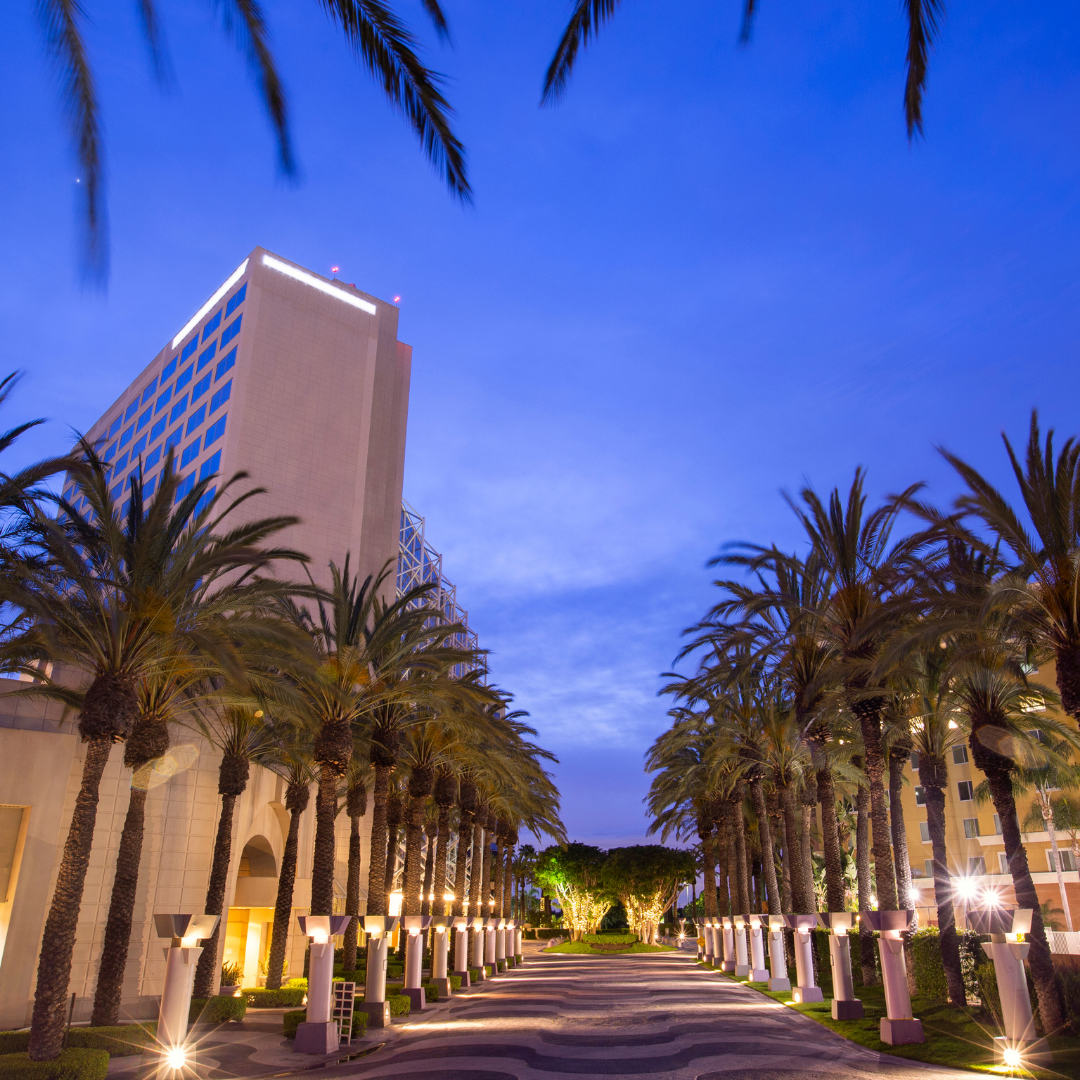
A diverse economy, geographic constraints, a strong biotech/medical device scene and proximity to the ports of Los Angeles and Long Beach have all contributed to tight industrial vacancies in Orange County, which are currently at 2.4%.
In a low vacancy environment, developers have converted buildings into last-mile industrial space to make way for large companies in the e-commerce and third-party logistics industries.
Outside of high-profiles leases, most recent move-ins have involved large space users in the logistics and manufacturing industries. These tenants typically look for space in North County, which offers lower rents and larger floor plates with proximity to Los Angeles and the ports. Life science and medical device companies are also driving dynamic leasing activity, making up a high share of the volume in Irvine and South County.

Irvine is one of Orange County's largest industrial submarkets, accounting for almost 18 million SF of inventory. Irvine has been one of the fastest-growing cities in Orange County, as well, and with Irvine Spectrum, it is the metro's most prominent employment hub.
Developers have mostly focused on bringing multifamily and office product to market, often chipping away at industrial inventory in the process as buildings are targeted for redevelopment. Rent growth has been strong in recent quarters due to the economic recovery, and low availability for industrial space. Investors remain active in the submarket and recent purchases involve properties to be redeveloped and assets with well-capitalized e-commerce tenants.
The vacancy rate in Irvine has remained tight for several years and is currently at 2.4%. The area's centrality among high-end residential areas makes it ideal for life science employers, manufacturers and last-mile delivery firms, but it is not a big-building submarket. Orange County logistics firms looking for larger spaces tend to settle more toward North County, where they can take advantage of proximity to major thoroughfares and the ports in Los Angeles and Long Beach.
| Vacancy | Market Rent PSF/month | |
| 2021 Q1 | 5.426% | $1.38 |
| 2021 Q2 | 2.889% | $1.41 |
| 2021 Q3 | 2.341% | $1.43 |
| 2021 Q4 QTD* | 2.443% | $1.44 |

| Specialized | Logistics | Flex | Irvine | Orange County | |
| 2021 Q1 | - | - | $324 | $324 | $264 |
| 2021 Q2 | $214 | $444 | $296 | $379 | $293 |
| 2021 Q3 | - | $312 | $521 | $327 | $288 |
| 2021 Q4 QTD* | - | $297 | - | $297 | $315 |
*Quarter to date
1. Warehouse buildings for specialized needs such as manufacturing, cold storage, or data centers.
2. Warehouse buildings for logistics and distribution companies who need need to ship goods to business or consumers.
3. Flexible space for office or warehouse use.


Santa Ana is supported by arterial freeways (I-5, I-405, SR 22, and SR 55), providing easy access across Orange County and even Los Angeles. Additionally, John Wayne Airport is at the submarket's southern border, and the area is served by the Union Pacific Railroad.
This is a traditionally tight submarket, and after vacancies rose in 2019 due to the delivery of the Shea Business Center, the vacancy rate has compressed. The vacancy rate is 1.7%, compared to the five-year average of 3.0%.
Large spaces are highly sought after in Santa Ana, and some developers are buying office buildings to be converted to industrial space.
Rent growth has slowed in the face of the pandemic, but it has improved considerably. Year-over-year rent growth is 7.5%, compared to the five-year average of 6.3%. Average asking rent is $15.20/SF per year, compared to the metro average of $15.60/SF.
| Vacancy | Market Rent PSF/month | |
| 2021 Q1 | 2.495% | $1.21 |
| 2021 Q2 | 1.860% | $1.23 |
| 2021 Q3 | 1.839% | $1.26 |
| 2021 Q4 QTD* | 1.748% | $1.27 |

| Specialized | Logistics | Flex | Santa Ana | Orange County | |
| 2021 Q1 | $231 | $230 | $301 | $234 | $264 |
| 2021 Q2 | $246 | $245 | $238 | $243 | $293 |
| 2021 Q3 | $248 | $294 | $274 | $287 | $288 |
| 2021 Q4 QTD* | $438 | $259 | $247 | $331 | $315 |
*Quarter to date
1. Warehouse buildings for specialized needs such as manufacturing, cold storage, or data centers.
2. Warehouse buildings for logistics and distribution companies who need need to ship goods to business or consumers.
3. Flexible space for office or warehouse use.


While Anaheim vacancies fluctuated earlier in the decade, they have remained well below the historical average of 4.1%. The current vacancy rate is 1.7%, thanks to strong leasing activity.
Anaheim has transformed from a staid area dominated by industrial space to one filled with luxury apartments, hotels and retail properties. Industrial sites in the Platinum Triangle have been a prime target for commercial developers, who frequently pay more than $50/SF for land in the area.
Trading is typically active here, and logistics properties are the most commonly targeted by institutional investors. Investment has remained strong during the pandemic due to strong demand for e-commerce, leading to substantial price appreciation and cap rate compression.
Even with the emergence of multifamily construction, Anaheim remains one of Orange County's largest industrial submarkets, with more than 50 million SF of inventory. Its central location and arterial freeways are well served by its central location running north and south (the I-5 and SR-57) and east and west (SR-91).
| Vacancy | Market Rent PSF/month | |
| 2021 Q1 | 2.764% | $1.14 |
| 2021 Q2 | 2.129% | $1.17 |
| 2021 Q3 | 0.950% | $1.19 |
| 2021 Q4 QTD* | 1.703% | $1.20 |

| Specialized | Logistics | Flex | Anaheim | Orange County | |
| 2021 Q1 | $130 | $232 | $291 | $202 | $264 |
| 2021 Q2 | $154 | $247 | - | $208 | $293 |
| 2021 Q3 | $276 | $270 | $311 | $274 | $288 |
| 2021 Q4 QTD* | $340 | $396 | - | $390 | $315 |
*Quarter to date
1. Warehouse buildings for specialized needs such as manufacturing, cold storage, or data centers.
2. Warehouse buildings for logistics and distribution companies who need need to ship goods to business or consumers.
3. Flexible space for office or warehouse use.
